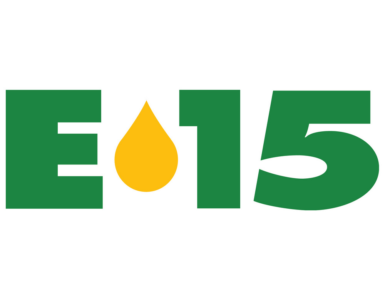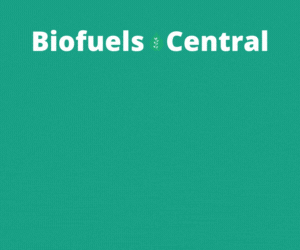US EPA recommends delaying electric vehicles biofuel program -sources.
The U.S. Environmental Protection Agency has recommended delaying a scheme that would give electric vehicle (EV) manufacturers tradable credits under a federal biofuel program, in a final rule that the White House will now review, two sources familiar with the matter said.
The plan would have given EV automakers, such as Tesla (TSLA.O), credits for charging vehicles using power generated from renewable natural gas, or methane collected from sources such as cattle or land fills. Reuters first reported in early May that the EPA was considering the delay over concerns the plan could trigger lawsuits.
The EPA proposed last year the inclusion of EVs into the nation’s Renewable Fuel Standard (RFS) program, a major rehaul of an often contentious law that mandates the amount of biofuels oil refiners must blend into the nation’s fuel mix.
🔥 What about we co-host a webinar? Let's educate, captivate, and convert the biofuels economy!
Biofuels Central is the global go-to online magazine for the biofuel market, we can help you host impactful webinars that become a global reference on your topic and are an evergreen source of leads. Click here to request more details
The EV industry had expected the new scheme to be finalized under a June 14 deadline, along with final biofuel blending obligations for the years 2023-2025. The delay, however, now throws the EV scheme into political limbo.
The November proposal foresaw EV manufacturers could generate as many as 600 million credits in 2024 and 1.2 billion of them by 2025. Prices for an equivalent cellulosic biofuels (D3) credit have traded at $2.14 each, traders said.
D3 credit prices have risen from around $1.94 each after Reuters first reported on May 1 that the EPA was considering a delay in the EV program, traders said.
That suggests market participants were concerned about potential oversupply of EV credits in the credit pool if the scheme was finalized, said Josh Price, an energy analyst at Capstone LLC, a Washington, D.C.-based firm that advises investors and companies on public policy.
The Biden administration is still hopeful it will pass a final rule on the EV program before the end of the year, even if it is uncoupled from the annual blending mandates, the two sources told Reuters.
President Joe Biden has promised to boost the electric vehicle industry in an effort to reduce carbon emissions and fight climate change. The credits would have added to billions of dollars of incentives under the Inflation Reduction Act to accelerate the energy transition.
The EPA did not comment on the delay, but told Reuters it is currently considering comments on the proposed rule and working to finalize a rule by the June deadline. The agency sent the proposed final rule to the White House for review last week.
Most credits generated under the RFS are for blending liquid fuels such as corn-based ethanol into gasoline. Adding credits for power generated from renewable gas and then used for charging EVs would take the program in a new direction.
Delaying the EV provision, however, would inject uncertainty into ongoing credit negotiations between automakers, biogas and renewable natural gas producers, and marketers, Price said.
The delay in finalizing the EV credit program may also mean more volume is available for other renewable fuel pools under the 2023-2025 mandate, including blending for renewable diesel and sustainable aviation fuel (SAF).
READ the latest news shaping the biofuels market at Biofuels Central
US EPA recommends delaying electric vehicles biofuel program -sources, NEW YORK, May 23, 2023








